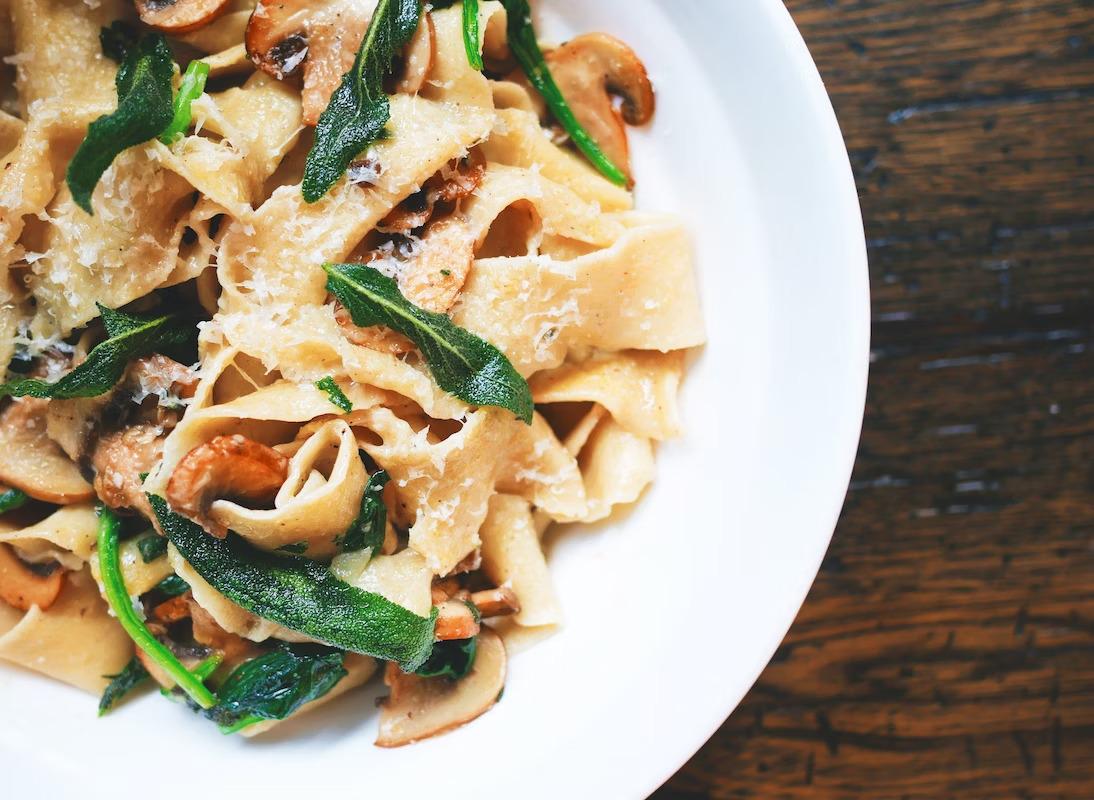Natural syrups have a storied history that stretches back millennia.
This journey has taken syrups from simple, sweet accompaniments to complex, medicinal elements utilized in modern wellness practices.
Photo by Christin Hume on Unsplash
As interest in natural, organic, and eco-friendly living increases, many are turning their attention back to these traditional sweeteners.
We will trace the timeline of natural syrups, exploring their historical significance, the rise of CBD oil, and the modern revival of these sweet, beneficial elixirs.
Cbd Oil: From Stigma To Spotlight
Cannabidiol, or CBD, is a non-intoxicating compound derived from the Cannabis sativa plant.
Despite its initial controversial status due to its association with marijuana, in recent years, CBD oil has gained widespread acceptance as a natural remedy for a variety of health issues.
Finding A Reputable Seller
In the burgeoning market for CBD products, finding a reputable seller is a significant first step towards incorporating this powerful natural syrup into your wellness routine.
It’s crucial to consider factors like third-party lab testing, transparent ingredient sourcing, and company reputation. It’s also worthwhile to look for sellers that offer organic and non-GMO products.
Third-party lab testing ensures that the product’s listed CBD concentration is accurate and that it’s free of harmful substances.
This gives buyers a peace of mind, as they can trust they’re purchasing a safe and high-quality product.
Transparency about sourcing practices also indicates a reputable seller.
Knowing where and how the hemp used for CBD oil production is grown helps verify the product’s quality and sustainability.
Lastly, look for customer reviews and any red flags regarding business practices or product efficacy to ensure you’re buying from a trusted source.
Historical Uses Of Cbd
Historically, the Cannabis sativa plant, from which CBD is extracted, has been used in different cultures for thousands of years. Its first recorded use dates back to ancient China in 2700 BC, where it was used for its medicinal properties.
Despite the controversy surrounding its psychoactive cousin, THC, CBD has been studied for its potential role in easing symptoms of many common health issues.
Modern Therapeutic Uses
In recent times, CBD oil has been highlighted for its potential therapeutic uses, particularly for its anti-inflammatory and neuroprotective effects.
Studies suggest that CBD could be a natural way to manage pain, anxiety, and even some neurological disorders.
Furthermore, as a syrup, CBD oil can be easily integrated into one’s diet, making it a versatile addition to a natural wellness regimen.
Honey: Nature’s Liquid Gold
Honey, the oldest known natural syrup, is a sweet substance produced by bees. It has long been revered for its nutritional and medicinal properties.
The Historical Significance Of Honey
Humans have been using honey for over 8,000 years.
Ancient civilizations in Egypt, Greece, and Rome recognized honey’s culinary and medicinal value.
Honey was used as a sweetener, a form of currency, an ingredient in religious ceremonies, and even an embalming agent.
Honey’s Medicinal Uses
Throughout history, honey has been used as a natural remedy for various ailments. It has commonly been used for homemade cough syrup.
Its antibacterial properties make it effective in wound treatment, and its antioxidant content contributes to overall health and wellbeing.
Modern science continues to explore the therapeutic potential of honey in areas such as skincare, digestion, and even in the management of allergies.
Honey In Modern Cuisine
Today, honey is recognized globally not only for its health benefits but also for its versatility in the culinary world.
It adds natural sweetness to a wide variety of dishes and beverages, from pastries and desserts to marinades and salad dressings.
As people move away from refined sugars, honey’s popularity in the kitchen continues to grow.
Maple Syrup: From Tree To Table
Maple syrup, another time-honored natural sweetener, is derived from the sap of maple trees.
This distinctly flavorful syrup has a rich cultural history and offers a unique blend of nutrients.
The Tradition Of Maple Syrup Production
The indigenous peoples of North America are credited with the discovery and first production of maple syrup.
These traditional practices have been passed down through generations and are still in use today.
The process of tapping maple trees, collecting sap, and boiling it down into syrup is a labor-intensive but rewarding process that captures the essence of this incredible natural resource.
Nutritional Value Of Maple Syrup
Maple syrup provides more than just sweetness. It contains numerous minerals, such as manganese and zinc, and antioxidants that contribute to a healthy diet.
This makes it a wholesome alternative to processed sugars and artificial sweeteners.
Maple Syrup In Modern Times
Today, maple syrup is a cherished product with diverse uses. It’s widely used in baking, cooking, and as a topping for various dishes.
Its unique taste and natural origins have also inspired craft distilleries and breweries, contributing to innovative, high-quality spirits and beers.
Final Remarks
The exploration of the historical significance and modern revival of natural syrups, such as CBD oil, honey, and maple syrup, sheds light on their enduring appeal and versatility.
Their origins stretch back thousands of years, grounded in ancient civilizations and indigenous cultures, revealing a shared human tendency to seek out nature’s bounty for nourishment, wellness, and enjoyment.
The modern resurgence of natural syrups in wellness practices and the culinary arts reflects a collective longing for a return to authenticity, purity, and sustainability.
As a society, we’re increasingly turning away from processed, artificial ingredients and embracing the natural, unrefined sweetness that these syrups offer.
Their widespread use today – from the therapeutic application of CBD oil to honey’s pivotal role in gastronomy and maple syrup’s unique culinary niche – attests to their lasting relevance and adaptability.
Moreover, this journey underscores the importance of conscious sourcing and transparency in manufacturing practices.
As consumers, we have a role to play in driving demand for high-quality, sustainable products.
In essence, the story of natural syrups is one of tradition, innovation, and the timeless bond between humans and nature.
As we savor their sweetness, we participate in a long-standing ritual that respects the Earth’s gifts, cherishes health, and appreciates the simple joys of life.


